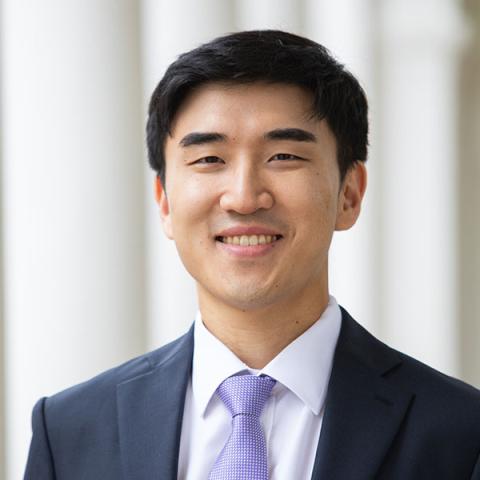Donghyun Suh
Education
PhD expected May 2024, University of Virginia
M.A. in Economics, Yonsei University, 2018
B.A. in Economics, Yonsei University, 2014
Job Market Paper
Machines and Superstars: Technological Change and Top Labor Incomes
Short Abstract
Machines and Superstars: Technological Change and Top Labor Incomes
Abstract
I construct a model of production hierarchies in which agents and machines differ in skill levels. The skill level of an agent determines the difficulty of work tasks she can perform. Relatively low-skill agents become workers and high-skill agents become managers who help workers perform difficult tasks. Machines can either augment or substitute workers. Two main findings emerge: First, whether machines augment or substitute workers depends on the highest skill level of machines. If machines can perform sufficiently difficult tasks, then machines substitute workers and augment managers. However, if machines can only perform relatively easy tasks, then machines augment workers. Second, for sufficiently advanced machines, technological change increases income concentration at the top. This occurs as gains from technological change are greater for those with higher skills, thus benefiting the most skilled managers the most. By contrast, if machines augment workers, technological change has the opposite effect on top income shares. The paper further examines the implications of Artificial Intelligence (AI) for managerial functions. If machines can perform more difficult tasks than any worker, they substitute managers. I find that management by machines most significantly raises the wages of the least skilled workers. On the other hand, managers' wages fall, with the decline most pronounced among the least skilled managers. Therefore, while less inequality between workers and managers leads to lower top income shares, the inequality among managers increases.
